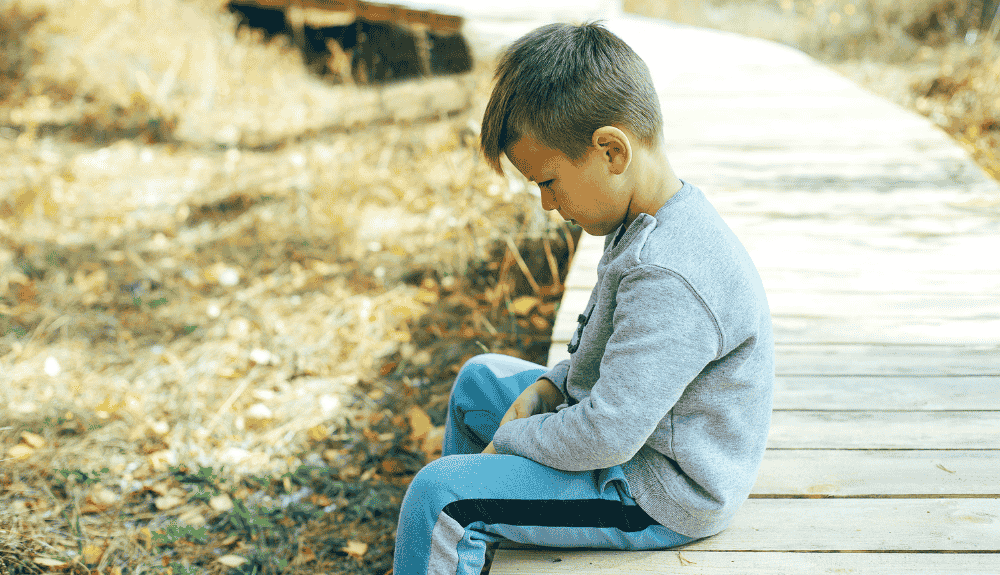
23 Sep How to heal the wound of injustice?
My name is Laurence DELINOT and, for over 15 years, I’ve been helping people in my Paris practice – as well as in
hypnosis teleconsultation
– people who confide in me their stories, trials and emotional
emotional wounds
that still weigh heavily on their lives. My role is to offer them a safe space in which to understand these wounds, free themselves from them and regain their personal power. Among these wounds, the wound of injustice occupies a special place, alongside the
wound of rejection
,
wounds of abandonment
,
wound of betrayal
and
wound of humiliation
.
In this article, you’ll discover how this wound of injustice is formed, its invisible manifestations, the protective behaviors that amplify it, and how it’s possible to free yourself from it sustainably – thanks in particular to accompanied inner work and hypnosis, to silence the rigid and rehumanize your emotions.
What is the wound of injustice?
Definition
The wound of injustice often appears in childhood, at an age when we begin to assert our personality. It arises when a child feels
In adulthood, this wound translates into a permanent quest for perfection and a need to master everything. The underlying idea: if I’m beyond reproach, no one can criticize me or treat me unfairly.
Possible causes of feelings of injustice in psychology
Among the situations that can create or reinforce this injury:
- parental expectations that are too high and difficult to meet
- a climate where comparisons are frequent and the child’s worth is measured by his or her performance
- feeling disadvantaged or treated differently by siblings or at school
- an upbringing where emotional expression is discouraged or judged
These repeated experiences can anchor the belief that you have to “prove” your worth to deserve love, respect and recognition.
Symptoms of the wound of injustice
This injury manifests itself as :
- a need to control everything to avoid the unexpected
- a perfectionism that pushes you to do more and more
- difficulty asking for help, for fear of being perceived as weak or incapable
- hypersensitivity to anything that seems unfair, even the smallest details
- a tendency to minimize one’s own needs in order to maintain an irreproachable image
On a physical level, we often observe a stiff posture, persistent muscle tension or a feeling of always being “on alert”, as if ready to defend oneself.
What is the mask associated with the wound of injustice?
According to Lise Bourbeau, this wound is associated with the mask of rigidity. The person who wears it displaysself-discipline, great emotional control and sometimes an apparent coldness.
Behind this mask, however, lies a deep sensitivity and a great need for recognition. The rigid person avoids showing emotions to avoid appearing vulnerable. This mask may give an impression of strength, but it limits authentic relationships and maintains a protective distance… which isolates.
Injuries caused by injustice and relationships with others: what are the consequences?
Injury of injustice in love or in the couple
In love relationships, this wound can be expressed by :
- a quest for absolute fairness, where every word and gesture is mentally evaluated
- intolerance of criticism, seen as an attack on one’s self-worth
- emotional control, with high expectations of the partner
- a lack of spontaneity, for fear of “doing it wrong” or being misunderstood
Injury of injustice in the professional sphere
At work, we often find :
- over-investment in tasks, with the desire to do things “perfectly
- high standards, both for oneself and for others
- a recurring feeling of not being recognized at one’s true worth
- difficulty accepting decisions perceived as arbitrary or unfair
While these behaviors can sometimes produce good results, they can also lead to exhaustion and relational tensions.
Why is this wound of injustice so painful?
This wound hurts because it touches on a fundamental need: to be loved and accepted for who you are, unconditionally. When we believe that affection or respect can only be won through performance, we end up repressing our emotions, denying our needs and cutting ourselves off from our spontaneity.
In the long term, this leads to frustration, pent-up anger and a feeling of being out of step with ourselves.
How to heal the wound of injustice?
Healing this wound takes time, awareness and self-compassion. It involves :
- recognize that this wound exists and observe how it manifests itself in your life
- identify your patterns of rigidity and learn how to relax them
- release repressed emotions, such as anger or sadness linked to the past
- reconnect with unconditional self-love, by accepting your imperfections
Tools such as journaling, working on beliefs (“I don’t have to be perfect to be worthy of love”), assertiveness training (
self-affirmation
self-affirmation,self-empathy and letting go exercises.
The role of hypnosis in healing the wound of injustice
Hypnosis is a powerful tool for working on the wound of injustice because it allows :
- access the unconscious origin of the wound of injustice
- deactivate emotional automatisms such as perfectionism or excessive control
- transform the limiting beliefs that stem from them
In particular, I use :
- l’
ericksonian hypnosis
which overcomes resistance and creates new inner resources - l’
humanist hypnosis
which allows us to work on the symbolism of the wound and to
heal the inner child
If this wound speaks to you, you should know thatit is possible to heal it in the long term. Caring support can help you loosen the grip of perfectionism and rediscover a peaceful relationship with yourself… and with others.
Each accompaniment is personalized, with the possibility of
hypnosis sessions in Paris
in person or by teleconsultation.
Make an appointment with Laurence DELINOT

